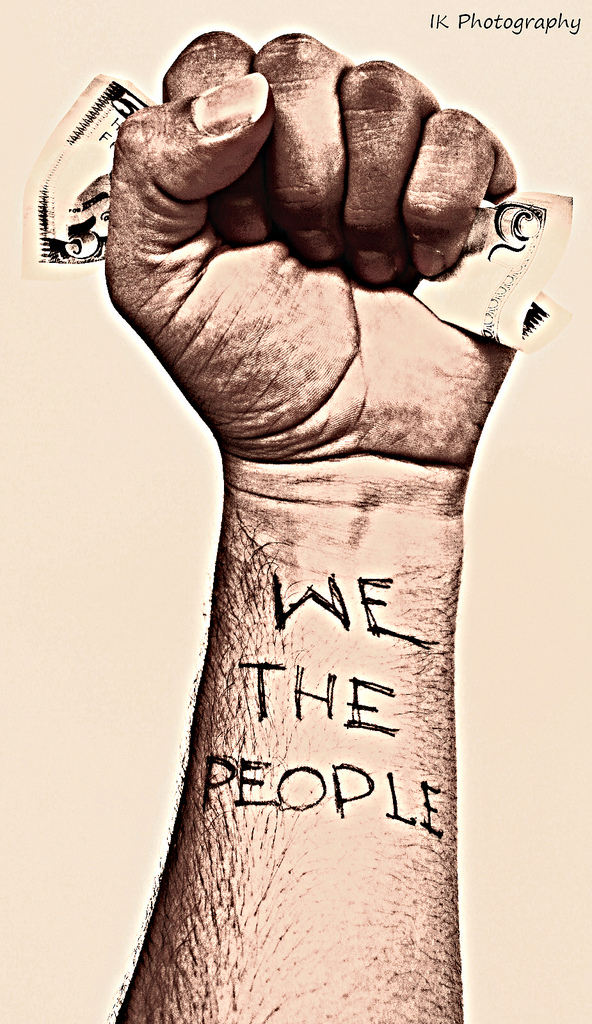Culture jamming is more than just an activity; it is a pedagogical stance. We as teachers of critical thinking have already, to an extent, engaged ourselves in culture jamming inasmuch as we discover and depose the underlying ideologies evident in mass media. A view of culture jamming as a critical public pedagogy has much to offer the intimately related projects of critical literacy and radical democracy, but only if we are committed to rhetorically effective kinds of jamming and only if we allow students to empower themselves with it. The main benefits of culture jamming include its doubling empowering functions: the ability to perceive the way ideology underlies media communication and the tools with which to construct competing identities, as well as the constitutive and unifying nature of collaborative resistance. Much more needs to be done in terms of better theorizing culture jamming as it applies to teaching, and we must thoroughly examine the implications of seeing ourselves as culture jammers engaged in teaching that is itself culture jamming. There are great challenges embodied in the corporations that represent elite interests, but there are reasons for hope represented by the power of discourse itself to effect resistance.
Culture jamming is critical media pedagogy at the bleeding edge, and as such it poses substantial risks and faces significant challenges. The gains, however, promise to be equally significant, and, provided teachers approach the project with awareness of its theoretical underpinnings, its democratic goals, and issues relating to enacting it, the risks can be manageable. Over time, as consumer rights groups and other activists (culture jammers included), make progress against oppressive laws like the DMCA and against the disastrous deregulation of the media industry, some of these risks may be mitigated or even removed entirely.
But perhaps I am being too hopeful. Perhaps corporate interests will only continue to dominate society until democracy is obsolete and, as McChesney fears, those who own the world will govern it. Perhaps, as Henry Giroux has said, quoting Theodore Adorno, these threats to democracy constitute "a prohibition on thinking itself" (2003, p. 8). I don't know. But, what I do know, is that activism like that practiced by culture jammers inspires hope and empowers me to advocate for change. It is hope I see in every subverted image and in every viral Internet meme that contains the seeds of resistance, and it is a hope I want to see my students have as well.

